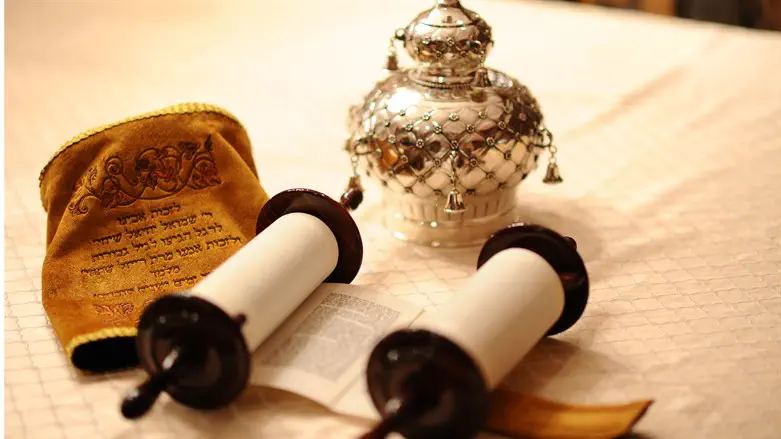
The polarized and radicalized rhetoric recently heard on the Israeli left should not distract us from taking note of the tectonic shifts taking place in Israeli society and their foreseeable effects on Israeli political culture.
On the surface these elections mark another victory of Israel’s religious and nationalist camp over Israel’s secularists and internationalists. Whereas according to the former camp, Israel’s self-definition as a Jewish state is predicated on loyalty to Judaism and Jewish jurisprudence, the latter have historically asserted that the Jewishness of the state is embodied by the will of its Jewish majority, regardless of whether it infringes religious law.
As long as the secularist camp enjoyed a clear demographic hegemony, the latter definition of Zionism remained dominant and unchallenged in the corridors of power. Nevertheless, many of Israel’s elites in the early 21st century are no longer secularist as in the 1950s.
The burgeoning religious and traditionalist sectors have built a flourishing religious education network with flagship schools like Bar-Ilan University, the Shalom Hartman Institute and others. These institutions have strengthened the influence of voices calling for Israel to embrace a traditional Jewish identity neither defined by the secularism of yore or the internationalist post-Zionism that minimizes the particularism of Israel among the family of nations.
In essence, the debate is very simple: On the one hand, the secular left pines for a state as similar as possible to advanced and egalitarian Gentile societies. The religious right, while conscious of the merits of absorbing Gentile wisdom, adamantly insists that a traditional Jewish character needs to lie at the core of the country’s identity.
Now that the “particularistic” camp enjoys a steadily growing demographic majority, the Israeli left has two choices: It can either move to Barcelona and Berlin or it can advance a vision of Judaism with whichi it can identify and a Jewishness able to engage and re-enchant leftist Israeli voters with its arguments.
Although developments in this sphere are still incipient, it is clear that both trends are starting to crystallize.
On one end, the mainstream media gleefully publicizes stories of Israelis ready to pack their luggage and move abroad.
More encouragingly, the leftist establishment now embraces and celebrates a tiny segment of Israel’s religious electorate that it would have previously ignored or derided as suffering from a “false consciousness”. The gathering of religious leftists in Jerusalem a couple of weeks ago drew a few hundred participants. In other words, in the world of Torah it was an event not even comparable to the wedding or bar-mitzvah of a hasidic rebbe’s great grandson. This did not prevent media outlets from heralding this gathering as an event as seminal as the First Zionist Congress.
The mainstream media, by exaggerating the relevance of this gathering, unwittingly revealed a revolution in the thinking of avant-garde leftists whose new motto might be: “We need to start engaging with Judaism!”.
Imagining a “leftist Judaism” is not as far-fetched as it might appear to some readers. Orthodox thinkers and influential rabbis like Y.B. Soloveitchik, Y. Leibowitz and M. Froman espoused ideas in their days that nowadays sound dovish to most Jewish Israelis. The nationalistic and quasi-xenophobic fear of the non-Jewish world that permeates much of the religious right is challenged by the teachings of rabbis like Elia Benamozegh, and in our days by rabbis like Oury Cherki and Yaakov Nagen representing a Judaism striving to repair and redeem humanity as a whole.
With the possible exception of Yeshayahu Leibowitz none of these figures can be considered leftist in a conventional sense. Nevertheless, it is clear that in their promotion of a universally redemptive Zionism and a humanistic Jewish particularism, they have all sown the seeds of a Jewish non-political religious discourse which leftist Israelis will become increasingly drawn to.
For the Israeli left, the alternative to engaging with this discourse may well be further irrelevance and an even dustier place in the dustbin of history.
Rafael Castro is an Italian Noahide who after graduating from Yale and Hebrew University now teaches at a public school in Berlin. Rafael is happy to receive comments and criticism at rafaelcastro78@gmail.com